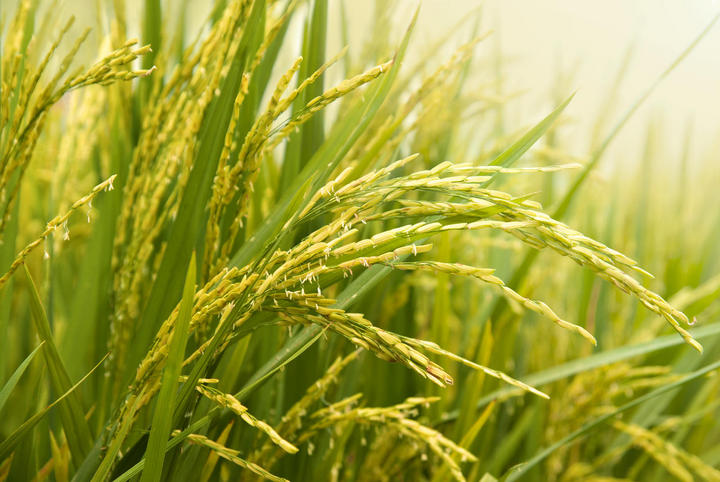Agriculture is the foundation of the national economy and an important pillar of national food security and people’s living standards. Rural transformation is the core of China’s social transformation. Only when rural areas become rich, strong, and good can China become rich, strong, and good. In order to promote the modernization of agriculture and rural development, we need to cultivate a group of new farmers with professional skills and knowledge, innovative spirit and entrepreneurial ability, love and sense of responsibility. Agricultural vocational education is an important way to cultivate such farmers, improve their quality, promote agricultural technological innovation and transformation, stimulate farmers’ value-added use of land, and participate in rural construction. Qian Wenrong, Dean and Professor of the China Rural Development Research Institute at Zhejiang University, proposed in “Rural Revitalization Needs Higher Quality Agricultural Vocational Education” that cultivating new types of vocational farmers who understand agriculture, have education, are skilled, can manage, and operate well is an urgent demand for modern agricultural talent construction. It is a key measure to solve the “three rural” problems, improve agricultural and rural labor productivity, and promote rural revitalization. Transporting high-quality talents in the agricultural field, agricultural vocational education has great potential in the context of rural revitalization. Therefore, we should attach great importance to agricultural vocational education, allowing more young people to return to rural areas and become the creators of future new rural areas.
China is a large agricultural country with many farmers. With the development of social economy and the promotion of urban-rural integration, China’s agriculture is facing many challenges such as transformation and upgrading, structural adjustment, quality improvement, and efficiency growth. It also faces many opportunities such as mechanization, intelligence, greening, and branding. In order to adapt to these changes, China needs a large number of high-quality farmers with modern agricultural technology and management capabilities.
The agricultural vocational education system is not sound, with insufficient coverage, high levels, and diverse types. The quality of agricultural vocational education is not high, the curriculum is unreasonable, the teaching methods are not advanced, and the practical links are not sufficient. Agricultural vocational education is disconnected from market demand, uncoordinated with industrial development, and not closely cooperated with enterprises. Insufficient investment in agricultural vocational education, weak teaching staff, incomplete facilities and equipment, and inflexible management mechanisms.


No reply content